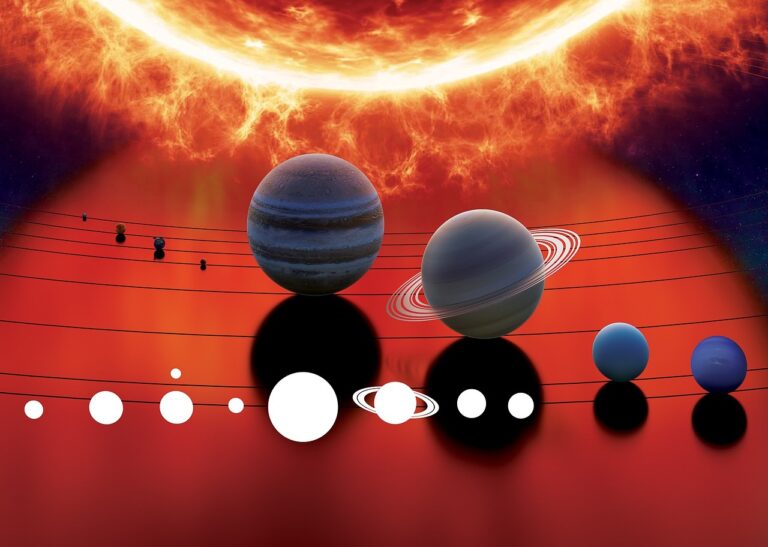Exploring the History of Music Conservatories
betbhai99, radhe exchange download apk, 99 exchange login:Exploring the History of Music Conservatories
Have you ever wondered about the origins of music conservatories and how they have shaped the music education system as we know it today? In this blog post, we will delve into the rich history of music conservatories, from their humble beginnings to their modern-day impact on the world of music.
The Early Beginnings of Music Conservatories
Music conservatories have a long and storied history that dates back to the Middle Ages. The first music conservatories were established in Italy during the 16th century, with the most famous one being the Conservatorio di Sant’Alessio in Rome, founded in 1584. These early institutions were created to educate young musicians in the art of music and provide them with a rigorous training program.
As the popularity of music conservatories grew, similar institutions began to spring up across Europe. By the 18th century, music conservatories were firmly established as the premier institutions for music education, attracting some of the most talented musicians and composers of the time.
The Rise of Modern Music Conservatories
The 19th century saw a significant expansion of music conservatories, with many new institutions being founded in Europe and North America. These new conservatories offered a comprehensive music education program that included instruction in music theory, composition, performance, and music history.
One of the most well-known music conservatories of the 19th century is the Paris Conservatoire, founded in 1795. The Paris Conservatoire quickly became one of the leading institutions for music education in Europe, producing some of the most renowned musicians and composers of the time.
The Impact of Music Conservatories Today
Today, music conservatories continue to play a vital role in the education and training of aspiring musicians. These institutions offer a rigorous curriculum that prepares students for careers in music performance, composition, teaching, and music therapy. Many of the world’s leading musicians and composers have attended music conservatories, honing their craft and developing their musical skills.
In addition to providing a comprehensive music education program, music conservatories also serve as cultural institutions that promote the arts and preserve the rich heritage of classical music. These institutions host concerts, recitals, masterclasses, and workshops, bringing music to the masses and inspiring future generations of musicians.
FAQs
Q: What is the difference between a music conservatory and a music school?
A: Music conservatories typically offer a more intensive and specialized music education program than music schools. Conservatories focus on training students for careers in music performance, composition, and other music-related fields, while music schools may offer a broader range of music education programs.
Q: Can anyone attend a music conservatory?
A: While most music conservatories have competitive admissions processes, anyone with a passion for music and the talent to succeed in a rigorous music education program can apply.
Q: How long does it take to complete a music degree at a music conservatory?
A: The length of time it takes to complete a music degree at a music conservatory varies depending on the program and the institution. Most programs range from four to six years for undergraduate degrees and two to three years for graduate degrees.
In conclusion, music conservatories have a long and storied history that has shaped the world of music education as we know it today. These institutions continue to play a vital role in training the next generation of musicians and preserving the rich heritage of classical music. Whether you’re a student, a music lover, or a professional musician, music conservatories offer a wealth of opportunities to explore and expand your musical horizons.


